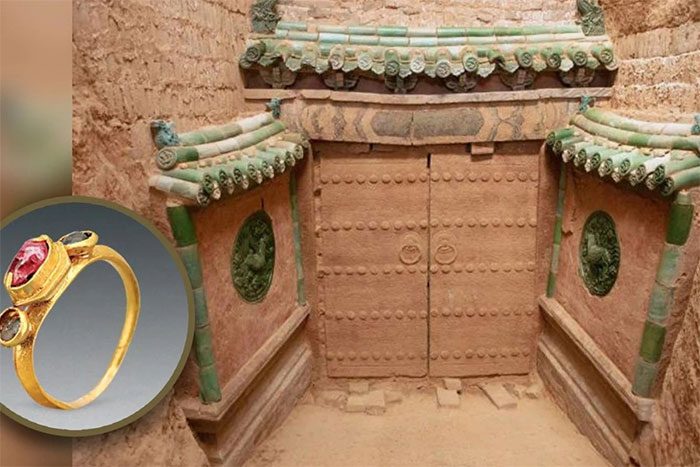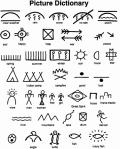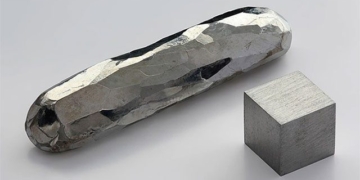Scientists have unearthed jade artifacts, numerous precious jewelry items, as well as silk clothing, pottery, and lacquered wooden coffins in an ancient tomb.
During the excavation of the tomb of Prince Zhu Gang – Jin Wang (1358-1398), Chinese archaeologists have recently uncovered new, valuable information about the lifestyle of a prince from the Ming Dynasty, as well as the burial customs and attire of the royal family during that period.

The entrance to the tomb and valuable artifacts of the Ming Dynasty prince found in Shanxi Province, China. (Photo: SCMP).
The tomb, located in Shanxi Province, China, is currently being excavated by the Taiyuan Cultural Heritage and Archaeology Institute. It is also the final resting place of the prince’s wife, Jin Wangfei, and two other concubines.
In the most recent excavation, scientists discovered burial objects including jade artifacts, silk clothing, pottery, and lacquered wooden coffins.
Despite being plundered for centuries, what remains in the tomb continues to reveal further evidence about the burial attire and customs of Ming Dynasty princes. The research team also found remnants of the walls surrounding the tomb, located above the burial site.
These tombs were first discovered in 2019 when scientists found inscriptions confirming it as royal heritage.
Zhao Hui, the head of the archaeological project, told the China News Service that this tomb lacks an antechamber, indicating that Jin Wang might have lost some political power during the Ming Dynasty.
The owner of the tomb, Zhu Gang (1358-1398), was the third son of the founder of the Ming Dynasty, Zhu Yuanzhang (Emperor Hongwu). In the third year of the Hongwu reign (1370), he was granted the title of Jin Wang, becoming the head of a fiefdom, which is now Taiyuan City in Shanxi Province, China, and became the first generation of the Jin Wang royal lineage during the Ming Dynasty.
In 1398, Zhu Yuanzhang passed the throne to his grandson Zhu Youwen, who became Emperor Ming Hui. However, just a year later, Zhu Yuanzhang’s fourth son, Zhu Di, rebelled and usurped the throne, adopting the reign title Yongle and becoming one of the most significant figures in Chinese history.
Zhu Gang and Zhu Di were both sons of Empress Ma, the wife of Zhu Yuanzhang. According to historians, the story of Prince Zhu Gang seems to have been forgotten in history, partly because this period is primarily remembered for the power struggle and the great achievements of his brother, Zhu Di.





















































